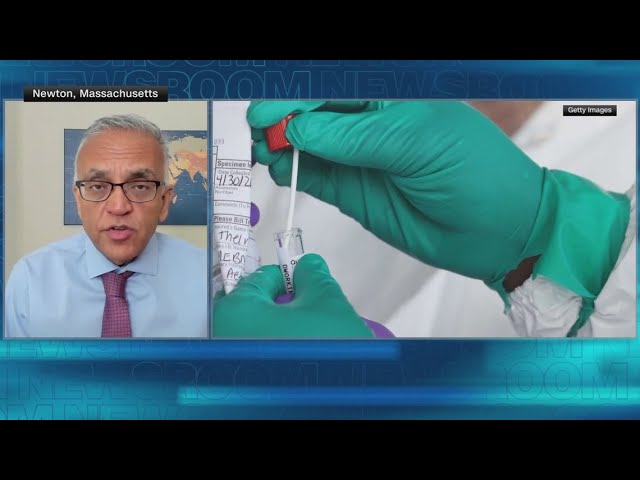Understanding what egg carton labels really mean can help you make informed choices based on animal welfare, nutrition, and farming practices.
Michael Jimenez is the founder and CEO of JMZ Farms in Texas, where he raises approximately 500 chickens and produces organic, pasture-raised eggs.
“I feed my hens a certified organic feed, and they are pasture raised—meaning that I have them on pasture 24/7,” he told The Epoch Times.
Jimenez says he chose organic, pasture-raised methods to provide customers with the highest quality eggs—completely natural and free of chemicals. His approach was inspired by regenerative farming advocate Joel Salatin, whom Jimenez discovered through videos at age 12.
“Starting with that one chicken I had—it really inspired me to want to build my home farm,” said Jimenez.
With egg prices soaring and avian flu concerns on the rise, consumers are paying closer attention to what egg labels actually mean.
Marc Dresner of The American Egg Board noted that eggs remain safe to eat.
“The USDA and FDA say consumers can be confident in the safety of eggs. There is no evidence that bird flu can be transmitted to humans through properly handled and cooked food, including eggs,” he told The Epoch Times via email.
He added that farmers and their families eat the same eggs they sell and work daily to ensure quality and safety.
What Egg Carton Labels Mean
Egg labels provide key details about:
- How hens were raised: Cage systems, cage-free, free-range, or pasture-raised
- What hens ate: Organic feed, grains, or forage like bugs
- Egg quality and size: Based on USDA grading (AA, A, B)
- Safety: Storage and transport standards to prevent foodborne illness
Some labels are regulated by the United States Department of Agriculture (USDA) and the Food and Drug Administration (FDA); others come from third-party certifiers with their own criteria. Some claims are unregulated and used primarily as marketing terms.
By Emma Suttie, D.Ac, AP
Read Full Article on TheEpochTimes.com







